GQ Magazine published a hit piece on Warners David Zaslav — then the drama ensued.
On Monday, GQ Magazine published an overt hit piece on Warners-Discovery chairman David Zaslav. The piece covered a series of maneuvers from the executive that has kept the film community in a state of shock and anger, with a freelance writer tabbed to explore the machinations and reactions about the head of the recently-formed entertainment conglomerate. Entitled How Warner Bros. Discovery CEO David Zaslav Became Public Enemy Number One in Hollywood, it was relatively clear what the approach to things was going to be at the magazine.
Writer Jason Bailey wasn’t coy, describing the industry approach to Zaslav right at the start: “A series of maneuvers from the executive has kept the film community in a state of shock and anger.” The piece was completed, and GQ published his article on Monday, July 3. Then, immediately, the drama ensued.
As the Washington Post reported, rather quickly, the editors were contacted by Warners-Discovery to complain about the nature of the piece. Primarily, the studio objected to some of the facts in the piece, demanding corrections, and noted they had not been given a chance to address any of the content.
The freelance reporter made no attempt to reach out to Warner Bros Discovery to fact-check the substance of the piece before publishing—a standard practice for any reputable news outlet,” a Warners-Discovery statement announces. “As is also standard practice, we contacted the outlet and asked that numerous inaccuracies be corrected.”
Initially, GQ made a series of significant edits to the article, striking a number of elements that were critical and cast Zaslav in a harsh light. Then, hours after the article had been published, GQ removed the article entirely without any announcement as to why. Only after some questions and objections about this move did the magazine issue an explanation.
After a revision was published, the writer of the piece asked to have their byline removed, at which point GQ decided to unpublish the piece in question. GQ regrets the editorial error that led to a story being published before it was ready.
It appears that there was a definitive attempt at softening the approach and language in the piece. Rather than factual errors, it appears that the harshness of the tone was adjusted. Some of the revisions and elements that were taken out were:
- Describing Zaslav as “closer to Logan Roy than Jack Warner,” a reference to the villain patriarch in the Warners-HBO series “Succession.”
- A later reference to Richard Gere’s character in “Pretty Woman,” known for buying companies and selling off the parts.
- The line that said he was responsible for “Discovery’s transition from educational programming to reality slop.”
- The final line of the piece saying of Zaslav, “He’s only good at breaking things.”
- A segment mentioning that Zaslav was involved in an opulent party staged at the Cannes Film Festival to celebrate Warners’ 100th anniversary in movie making.
- A reference to Zaslav as “the most hated man in Hollywood” was struck – a curious decision, given this basically echoed the headline.
- In total, about 500 words of content had been removed.
[NOTE: The archived original article can be seen here.]
When Bailey was initially asked to rework the article following the Warners-Discovery complaint, he demurred. After editors revised the article, Bailey was not pleased with that result, which was when he went to the editing team and asked to have his name struck from the piece. Bailey explained then that the article was taken down not due to factual inaccuracies but that GQ has a standing policy of not running pieces without attribution. When told that the only option would be spiking the article entirely, he told the editors he was fine with that being the result.
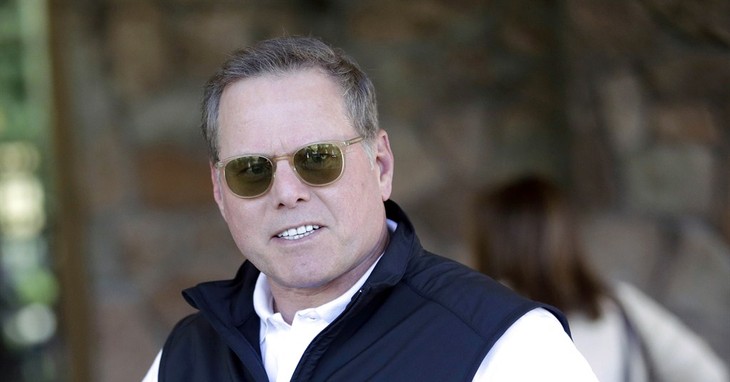
The claim from GQ that these changes somehow slipped by the editors does not pass the smell test. Not only was the approach of this piece very clear from the headline and the lede, but The New York Times described the process behind this article as having begun a month ago. According to sources they spoke with inside the magazine, Bailey was brought in specifically to dig into the reality that Zaslav was a reviled figure in Hollywood.
GQ’s article was put in motion late last month when an editor at the magazine asked Jason Bailey, a freelancer, to write an analysis that explained why Mr. Zaslav was “the most hated man in Hollywood,” according to two people with knowledge of the assignment.
By all appearances, GQ Magazine is attempting to spin this fracas, as their description of the reasons for the decision to kill the article defies some of the core facts. Primary among those is suggesting that editors missed quotes that reflected not only the headline but also the original thrust of the piece as commissioned. There could have been more motivation behind the move.
It was Variety Magazine that made the connection. One of the GQ executives involved in the re-editing process and the ultimate pulling of the piece was the Editor in Chief, Will Welch. Welch was also one of the names contacted by Warners-Discovery when they reached out with objections. There is a notable connection between these parties which could have influenced things to the extent that the magazine ended up killing its published article after gutting it significantly.
GQ editor-in-chief Will Welch is producing a movie at Warner Bros. titled “The Great Chinese Art Heist,” which is based on a 2018 GQ article by Alex W. Palmer. Jon M. Chu is attached to direct and produce the film, which chronicles an audacious European museum crime wave that targeted Chinese antiquities. The project already has a script in place.
Conflicts of interest could certainly be suggested, especially when you look at the rather drastic move of taking down an article entirely. Despite a suggestion that GQ has a policy regarding byline accuracy, normally a publication only resorts to this step in cases such as plagiarism or other severe journalistic problems. As it stands, this piece – both the original and revised version – does not rise to that level of severity.
As Bailey stated in defense of his work, the revisions made were not a result of deep factual errors. “I think a side-by-side comparison of the piece before and after GQ’s internal edits reveals exactly what (Warners-Discover) wanted changed, and that GQ was happy to do so.”
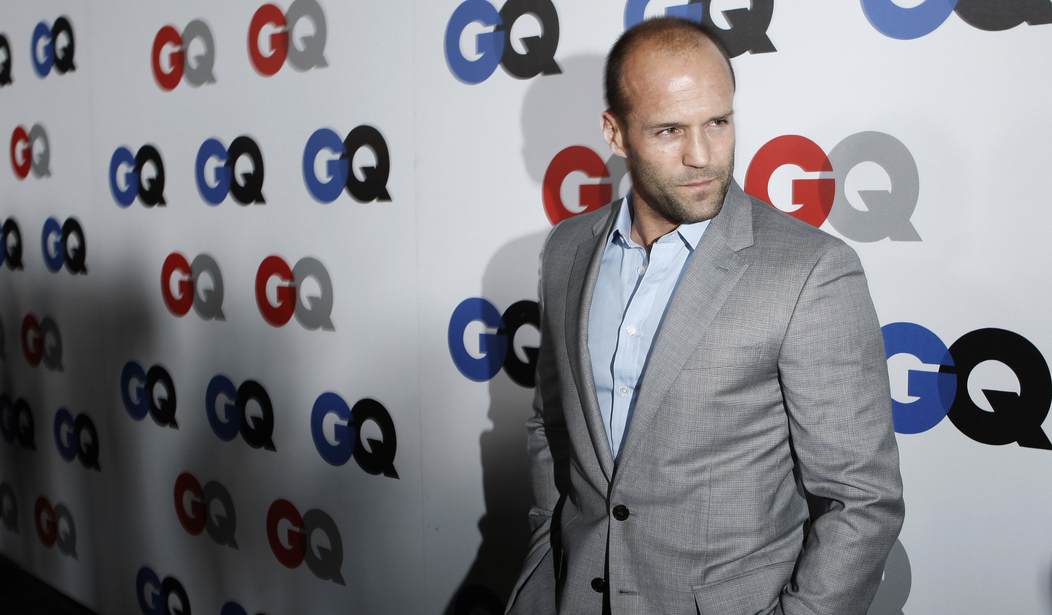



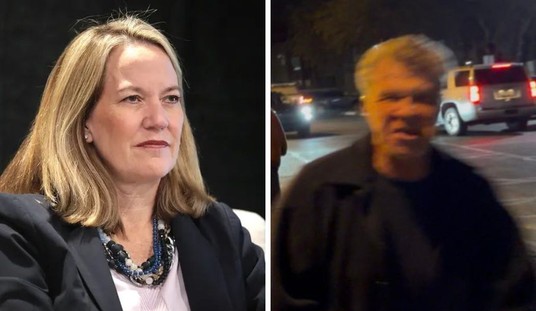

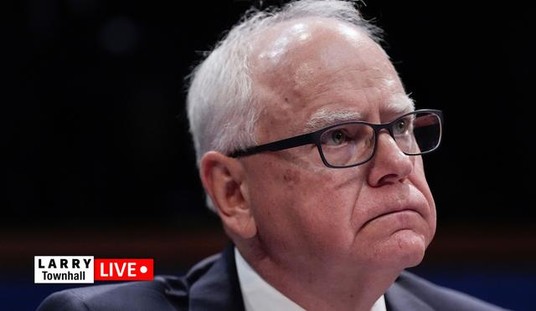

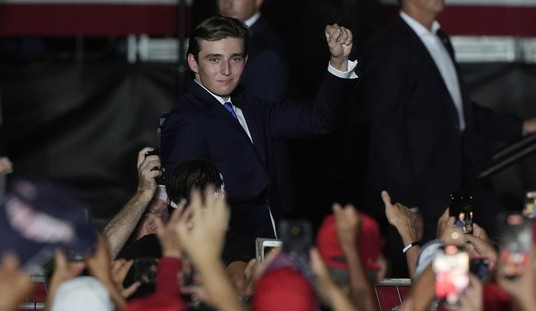





Join the conversation as a VIP Member